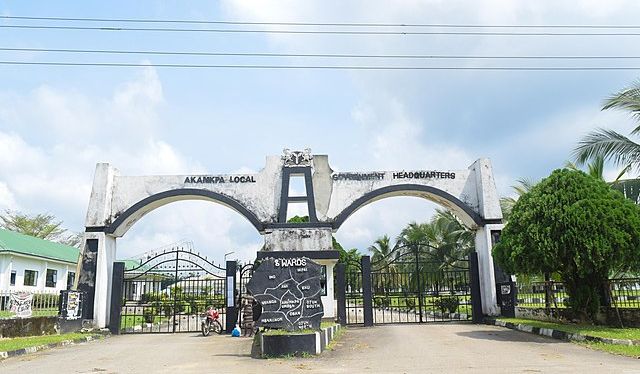By Patrick Etim
Oban Ward, nestled in the Akamkpa Local Government Area, is a unique tapestry woven from the vibrant threads of three distinct communities: Oban, Ekong, and Neghe. Each community contributes significantly to the ward’s rich cultural heritage, values, and beliefs, fostering a sense of unity and love that is commendable. However, as we shift our focus from traditional discourse to the realm of politics, a disconcerting pattern of marginalization emerges, particularly affecting the Ekong and Neghe communities.
Currently, the political landscape within Oban Ward is heavily skewed in favor of Oban, which has secured an overwhelming share of influential positions. The community boasts a Senior Personal Assistant to the Governor, a Personal Assistant to the Governor, a Member of the House of Assembly, a Councilor, a Supervisor in the local council, and a Personal Assistant to the Chairman of the council. Additionally, the current Chairman of the council (with due respect) is also a brother partly from Oban, further consolidating their political dominance. In stark contrast, Ekong has been allotted a single position as the Special Assistant to the Chairman, while the status of Neghe remains unclear, with reports suggesting that they may not have received any appointments at all.
This disproportionate allocation of political power is not merely a matter of numbers; it encapsulates a deep-rooted political injustice that has persisted over the years. Historically, the narrative surrounding Ekong and Neghe has been one of underrepresentation and lack of education. However, the educational landscape has shifted dramatically, with an increasing number of university graduates emerging from these communities, challenging the outdated stereotypes that have long perpetuated their marginalization.
Read Also: FG Inaugurates C’ttee To Push Cleaner Fuels, Cut Emissions
The consequences of this political imbalance are far-reaching. The residents of Ekong and Neghe, who collectively contribute around 65% of the votes during elections, find themselves disenfranchised and voiceless in the decision-making processes that affect their lives. This lack of representation undermines the principles of democracy and equality, fostering feelings of resentment and disillusionment among the populace. Political marginalization not only stifles the voices of the minority but also deprives the entire ward of diverse perspectives and ideas that could drive development and progress.
Moreover, the concentration of power within Oban can lead to a lack of accountability and transparency in governance. When a single community holds a majority of political positions, there is a risk of neglecting the needs and concerns of the other communities. This can result in skewed resource allocation, inadequate infrastructure development, and failure to address pressing social issues that affect the entire ward. The absence of equitable representation hampers collective growth, as decisions made may not reflect the interests of all constituents.
As we reflect on this pressing issue, it is imperative to advocate for a more inclusive political framework that recognizes and values the contributions of each community within Oban Ward. Political leaders and stakeholders must strive to dismantle the barriers of marginalization and ensure that appointments and political power are distributed equitably. By fostering a culture of inclusivity, we can pave the way for a more harmonious and prosperous future for all communities, where every voice is heard, and every citizen has a stake in the governance of their ward.
In conclusion, the question of when this political injustice and marginalization will come to an end is not merely rhetorical; it is a clarion call for action. It is time to challenge the status quo, promote equitable representation, and honor the spirit of unity that defines Oban Ward. Only through collective effort can we hope to create a political landscape that truly reflects the diversity and richness of our communities, ensuring that every resident feels valued and empowered.
